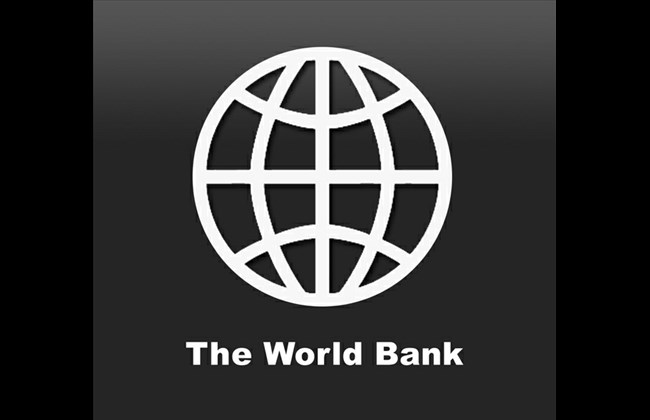World Bank sees Lebanon economy improving by 2017

BEIRUT: The World Bank said that Lebanon is among the non-oil-producing countries in the region expected to see reasonable growth from 2015 to 2017.
In a report on the Global Economic Prospects which was released Thursday, the World Bank projected GDP growth in Lebanon in 2015, 2016 and 2017 to be 2 percent, 3.4 percent and 3.6 percent respectively.
It added that the projected growth in Lebanon and other regional states would be due to the expected rebound in oil production among oil exporters.
“Growth in the developing countries of the region is projected to pick up gradually to 3.5 percent in 2017, helped by a rebound in oil production among oil exporters and a modest recovery among oil importing economies. Egypt, Jordan and, to a lesser extent, Lebanon and Tunisia, appear to be entering a steady recovery from a period of heightened volatility and uncertainty,” it said.
But the World Bank said that the Syrian war could still spill over into other neighboring countries and Lebanon was one of them.
“Violence in Syria could escalate and spill over to other countries [mainly Iraq, Jordan, and Lebanon]. More than 3 million Syrian refugees are hosted in the neighboring countries, with officially registered refugees in Lebanon and Jordan amounting to about 25 percent and 10 percent of local populations,” the report warned.
The presence of more than 1.5 million Syrian refugees has further exacerbated the economic slowdown in Lebanon, with unemployment reaching a record high.
The donor states have pledged billions of dollars to Lebanon to help the government cope with the huge influx of Syrian refugees.
However, the government claimed that the financial assistance pledged to Lebanon had failed to reduce the negative effects of the presence of the Syrian refugees.
Most economic indicators such as balance of payment, balance of trade and cement delivery were all in the negative side in 2014.
“Despite some acceleration, activity, exports, and sentiment remain depressed, reflecting spillovers from the conflict in Syria, and political uncertainty. Lebanon’s PMI pointed to a contraction in business activity for the 16th consecutive month, with security issues weighing heavily on tourist arrivals, and harming domestic wholesale and hospitality industries,” the World Bank said.
The World Bank also highlighted the efforts of some Arab states to roll over the public debt.
“Debt rollover and refinancing risks are rising. Countries in political transition have benefited from large official financing from the Gulf economies. While these are expected to continue, the associated debt will become increasingly burdensome and presents a rollover risk for recipient countries. Public debt levels have increased in oil-importing countries from 73 to 88 percent of GDP during 2011-14. They may be approaching unsustainable levels as debt servicing costs account for an ever larger share of the expenditures,” the report said.
The World Bank said only Tunisia and Egypt have experienced relative security and political stability following the 2011 Arab Spring.
“Since 2011, many developing countries of the region have been in political turmoil, in some cases associated with conflict, which has disrupted economic activity. Economies have stagnated, with growth averaging a mere 0.8 percent per year, a sharp slowdown compared to the average of 4.4 percent during the previous decade. Measures to address long-standing structural challenges, which predate the Arab Spring uprisings, have been repeatedly delayed. There has been progress on the political transition in Tunisia and greater stability in Egypt; however, Iraq, Libya, Syria, and the Republic of Yemen remain mired in internal strife,” the report said.
The World Bank stressed that the Arab countries need to create millions of jobs each year to check the rise of unemployment.
“The region needs to create 4 million jobs per year to keep the unemployment rate from rising. Historically, the region created jobs near this rate only when growth was in excess of 5 percent,” the report said.




